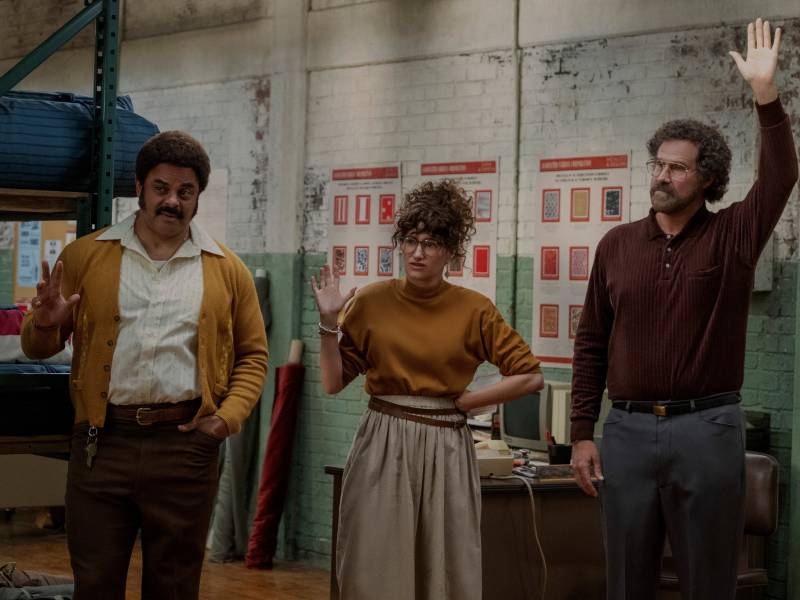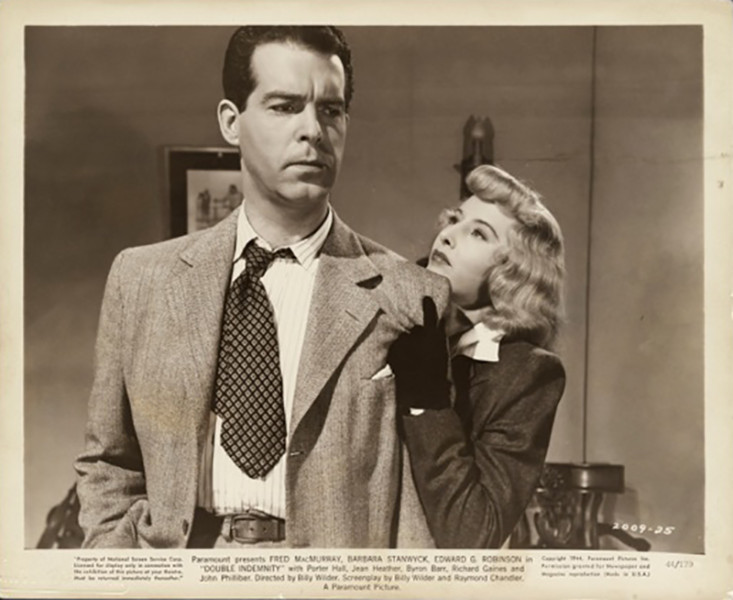“I think most of the time we’re not in that neighborhood,” he adds. “And I think that in general, if the actor does the homework and is willing to understand what’s important about the role, including the accent or the mannerisms, but also just what is at the core of this character, then I don’t personally find it to be a big problem.”
That said, the trend that annoyed Silverman can be traced back to Charlton Heston playing Moses, or Millie Perkins playing Anne Frank in the 1959 movie (she was cast in part because first choice Audrey Hepburn, also not Jewish, was both unavailable and too old), or even one of the first Jewish characters to anchor a TV sitcom.
“I loved Valerie Harper as Rhoda. You can’t take that away from me,” Silverman announced on her podcast. Silverman, who was unavailable for further elaboration, is the first to admit her argument is inconsistent. On the podcast, she shared her heartfelt appreciation for the work of non-Jews Kathryn Hahn and Rachel Brosnahan. And she allowed that Jewish women are telling complex, self-actualized stories on film and television, from Barbra Streisand to Amy Schumer to Rachel Bloom to Ilana Glazer.
Representation is important, agrees Kim Williams, president of the Casting Society of America. But, she adds, so are great performances. “There’s that fine line of wanting to be as authentic as we can, but also wanting to be open to the creativity we can bring to a project,” she says—meaning being open to casting a great non-Jewish actor as a great Jewish character.
Even Silverman says a non-Jew was cast to play her own mother in an upcoming musical based on her memoir, The Bedwetter—because she was simply the best actor for the job.
The issue of who plays Jews is one Henry Bial has studied for a very long time, and he has come to a conclusion.
“The debate itself is arguably very Jewish,” he says. “Arguments about who’s Jewish and who’s Jewish enough to play the roles go way back.”
Maybe even back 4,000 years of Judaism. Bial says these kinds of arguments are part of a long and honorable tradition of learned dissent and a way to build community.
Copyright 2021 NPR. To see more, visit NPR.9(MDAxOTAwOTE4MDEyMTkxMDAzNjczZDljZA004))



9(MDAxOTAwOTE4MDEyMTkxMDAzNjczZDljZA004))

